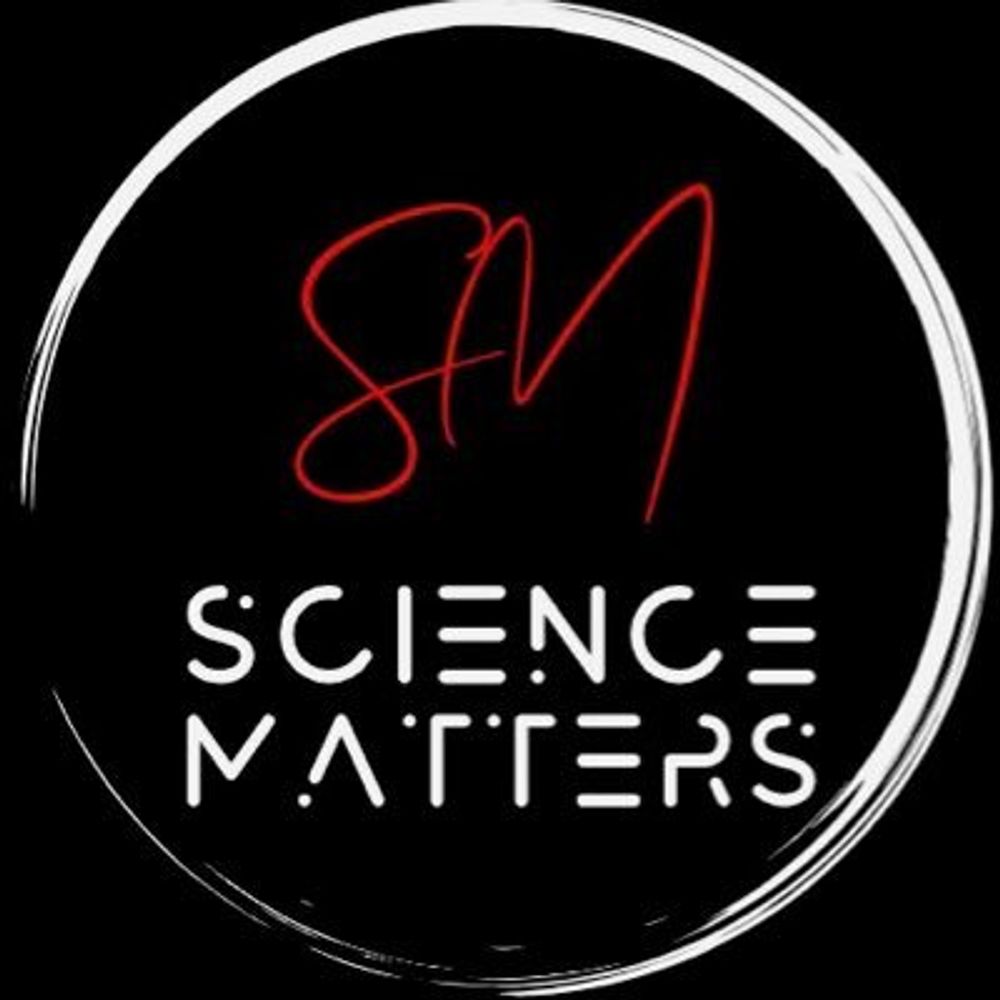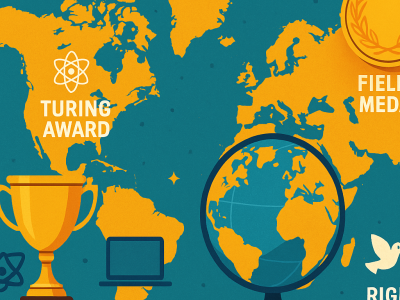What separates a promising researcher from a globally influential scientist? For Dr. Anika Patel, a public health researcher from Mumbai, the answer lay in a single opportunity: a Gates Cambridge Scholarship. Within three years of securing the award, her team’s malaria diagnostics research reached clinical trials across sub-Saharan Africa. Fellowships like these do more than fund degrees—they propel scientific careers into the stratosphere.
This article explores the world’s most prestigious fellowships for researchers, doctors, and academics, detailing how these programmes transform careers, amplify research impact, and foster global collaboration.
Why fellowships matter in science
Securing funding is a universal challenge in academia. Over 60% of early-career scientists cite financial constraints as a barrier to publishing or scaling their work, according to a 2023 Nature survey. Prestigious fellowships address this gap by offering not just funding but also mentorship, networking, and institutional credibility.
For example, 87% of Gates Cambridge scholars publish peer-reviewed papers within two years of completing their programmes, compared to the global average of 42% for early-career researchers. These opportunities prioritise innovation, interdisciplinary collaboration, and societal impact—elements increasingly demanded by journals and grant bodies.
Undergraduate fellowships
Undergraduate fellowships identify and nurture future scientific leaders. The Goldwater Scholarship in the US, for instance, supports STEM students aiming for research careers. Recipients often secure placements in top PhD programmes, with 95% later earning doctoral degrees.
Germany’s DAAD Undergraduate Scholarships offer similar opportunities, funding international students in engineering or natural sciences. Such programmes emphasise early exposure to labs and fieldwork, critical for building technical rigour.
Pro tip: Applicants should highlight prior research experience, even from classroom projects. Selection panels seek potential, not just polished achievements.
Postgraduate flagship fellowships
The Rhodes Scholarship remains the gold standard for postgraduate funding. Each year, 100 scholars pursue fully funded degrees at Oxford University, with 40% specialising in STEM fields. Recent cohorts include researchers advancing quantum computing and AI-driven drug discovery.
For those targeting policy influence, the Schwarzman Scholars programme stands out. Based at Tsinghua University, it blends STEM research with global affairs training. A 2022 alumnus now advises the UN on ethical AI governance, illustrating how interdisciplinary fellowships bridge science and society.
The Fulbright Programme, meanwhile, funds research sabbaticals abroad. Its open category allows scientists to design projects, such as studying Arctic microbiomes in Norway or renewable energy grids in Chile, tailored to their expertise.
Underrated opportunities
While the Rhodes and Fulbright dominate conversations, smaller fellowships offer unique advantages. Türkiye Scholarships, funded by the Turkish government, provide full stipends for international researchers in fields like genetics or renewable energy. Recipients access labs at institutions like Koç University, a hub for cancer nanotherapy.
The Erasmus Mundus Joint Master’s Degrees, funded by the EU, combine studies across three countries. A marine biology student might collect data in Portugal, analyse it in Sweden, and publish through a Belgian university, gaining technical versatility prized by employers.
Medical and health sciences
Clinicians and biomedical researchers have specialised options. The Wellcome Trust Early-Career Awards fund UK and global South scientists tackling infectious diseases. A 2023 grantee is developing mRNA vaccines for Lassa fever, leveraging partnerships with labs in Nigeria and Oxford.
In the US, the Howard Hughes Medical Institute (HHMI) Fellowships support physician-scientists. HHMI reports that 80% of its alumni lead clinical trials, compared to 35% of peers without such funding.
Environmental and climate science
As climate deadlines loom, fellowships prioritise sustainability. The Climate Change AI Innovation Grants fund researchers using machine learning to model emissions or optimise green energy. Meanwhile, the Earth Institute Postdoctoral Fellowship at Columbia University supports field projects, from glacier melt analysis in Nepal to carbon capture pilot plants.
Pro tip: Successful applicants frame their work as scalable. A proposal to restore mangrove forests, for instance, might emphasise partnerships with coastal communities and NGOs.
Engineering and technology
Engineers dominate fellowships like the Knight-Hennessy Scholars at Stanford, where 30% of current scholars work on robotics or clean energy. The programme’s leadership training helps researchers commercialise patents, a factor behind its 70% startup success rate.
Germany’s Alexander von Humboldt Foundation offers similar opportunities, connecting engineers with industry mentors at Siemens or Bosch.
Social sciences and humanities
Fellowships aren’t exclusive to lab scientists. The Mellon/ACLS Dissertation Innovation Grants support humanities PhDs tackling issues like vaccine hesitancy through anthropological lenses. Meanwhile, the Chevening Scholarships fund social scientists studying tech policy or science communication in the UK.
Crafting a winning application: A step-by-step guide
Step 1: Align with the fellowship’s mission
The Gates Cambridge seeks applicants who will “improve the lives of others.” A materials scientist might emphasise how their graphene battery research could electrify rural clinics. Avoid generic statements; tailor each application.
Step 2: Demonstrate technical expertise
Detail methodologies, equipment, or collaborations. For example: “Using CRISPR-Cas9 editing at [Lab Name], I identified three gene variants linked to Alzheimer’s progression.”
Step 3: Highlight societal impact
Reviewers favour projects with clear beneficiaries. A marine biologist might write: “My coral reef restoration technique could protect 200 million coastal residents from storm surges by 2040.”
Step 4: Secure strong references
Choose recommenders who can attest to your technical and leadership skills. A PI might note: “Dr. X independently troubleshooted our NMR calibration issues, reducing data errors by 30%.”
The ethics of fellowship applications
Should researchers prioritise “high-impact” fields to win funding? This question divides academia. While some argue it skews science toward trendy topics, others believe fellowships must address urgent global needs.
Most fellowships open applications 12–18 months in advance. The Rhodes deadline is typically July–October, while Fulbright submissions close in October. Universities often host workshops; MIT’s Office of Distinguished Fellowships reports that attendees have a 40% higher success rate.
If fellowships shape which research gets funded—and who leads it—how can the system ensure equity for marginalised scientists?







